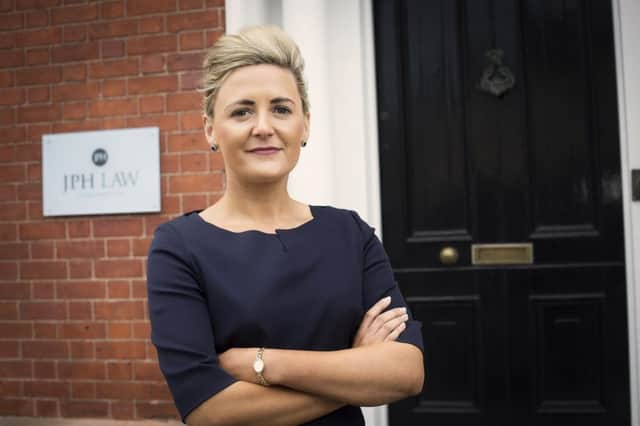Lessons from the recent case of Davies v Davies


- A representation or assurance made to a claimant
- Reliance on it by the claimant, and
- The claimant acts substantially to their detriment as a consequence of the reliance
Once these elements can be established, equity arises; the value of which is very much dependent on the circumstances and the court’s discretion. The fundamental principle is that equity prevents unconscionable conduct by the Defendant.
Advertisement
Advertisement
The England and Wales Court of Appeal in the recent case of Davies v Davies 2016 EWCA Civ463 has highlighted this doctrine’s possible implications for the farming community.
Tegwyn and Mary Davies were Carmarthenshire dairy farmers with three daughters. It quickly became apparent that only one daughter, Eirian, had an interest in following in her parent’s farming footsteps and she began working on the farm in the mid-1980s.
Having worked on the farm for a number of years, Eirian later received a verbal indication from her parents that she would receive the farm in exchange for her work, for which she had only been receiving board, lodging and a leisure allowance.
Although she left the farm to pursue a career in stock breeding for a time, she eventually moved back at her parent’s request, and, by 2008, her parents agreed to give her a forty-nine per cent share in the business.
Advertisement
Advertisement
This agreement was never signed and, instead, Mr and Mrs Davies agreed to draft wills leaving Eirian land, buildings, a share in the company and a gift to her daughter.
The following year, however, Mr and Mrs Davies changed their minds and transferred the farm into a trust to be split equally between their three daughters, leading to a rift in the family. Eirian left the farm in 2012. She sued her parents to establish her interest in the £3.8 million business claiming proprietary estoppel.
In 2013 the Cardiff High Court allowed her claim, though the amount of her beneficial interest was left undecided. Her parents appealed, but the England and Wales Court of Appeal rejected their plea, except for agreeing that Eirian’s claim could be settled either by granting her equity in the farm or by a cash payment rather than an immediate beneficial interest.
In February 2015 Eirian went back to the High Court and was granted £1.3 million - about one third of the value of the business.
Advertisement
Advertisement
However Mr and Mrs Davies returned to court to challenge the size of the award.
Eirian had worked on the farm for many years, giving up the opportunity to make more money elsewhere, in the expectation that she would be rewarded in the future: an expectation that did not become a reality.
Although the amount awarded was reduced from £1.3 million to £500,000 on appeal, this case illustrates some of the dangers of not resolving issues relating to land and property at an early stage. Lengthy and expensive legal proceedings can follow, and, in particularly sad cases such as this, personal relationships can be destroyed.
The lessons to be learned are twofold. When disputes do arise, it is important to seek advice to resolve them quickly, before it is too late to do so amicably.
Advertisement
Advertisement
Secondly, crucial decisions and agreements should always be formally recorded in legally binding documents, because nothing should ever be left to chance when it comes to securing your future.
JPH Law has four offices located in Portadown, Newry, Castlewellan and Dublin. For further information on JPH Law visit: www.jphlaw.co.uk or contact Kate on [email protected] Tel 028 38 333 333.